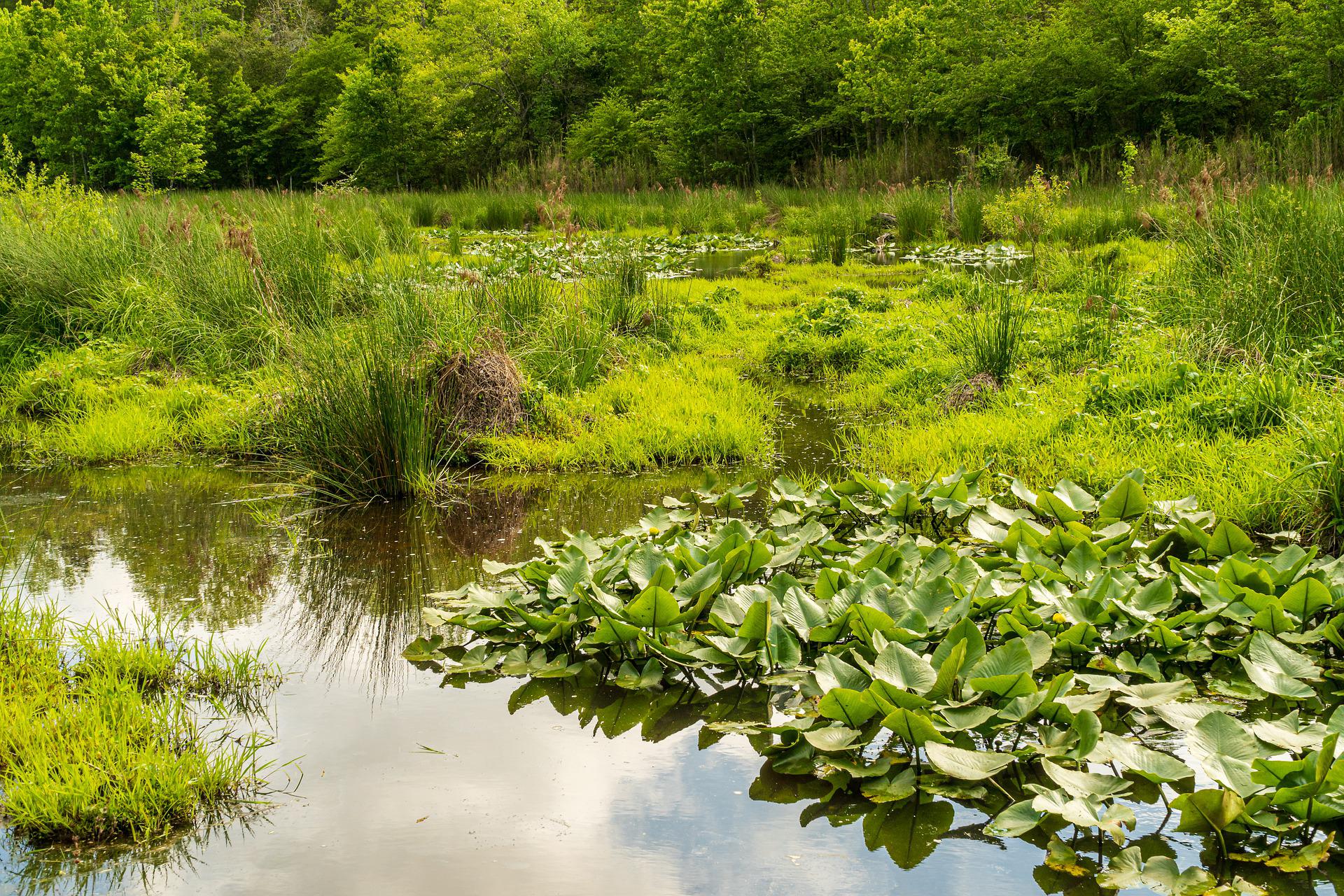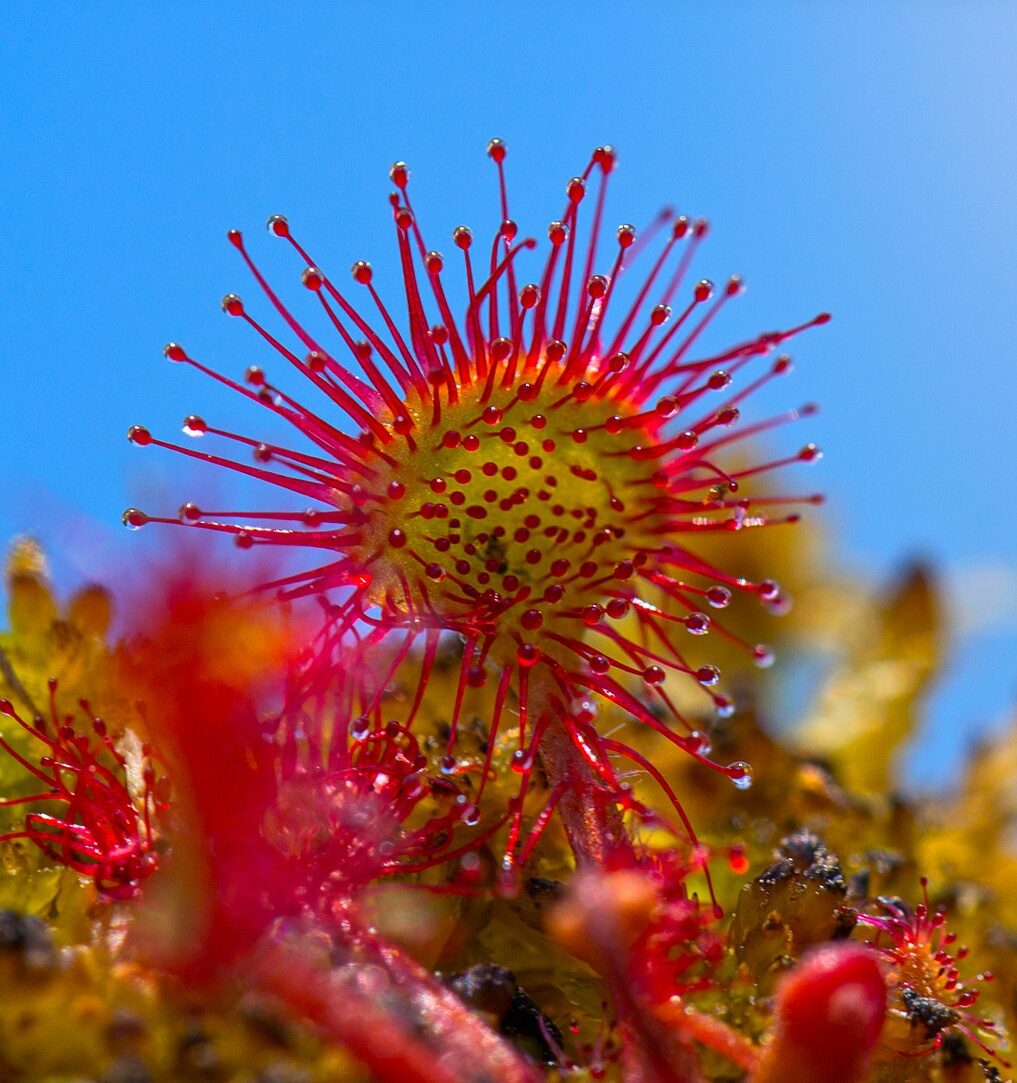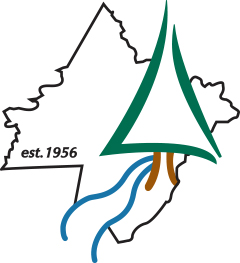News

How Wetlands are Fighting Climate Change

By: Devan George, Communications Coordinator
Climate change is the long-term shift in temperatures and weather patterns, often resulting in more frequent and severe weather events. The primary driver of climate change is the emission of green house gases into the atmosphere, where they form a blanket that traps the heat from the sun and raising temperatures (United nations, Climate Action). Wetlands are important landscape features, and serve many important ecological functions, such as providing habitat for species of plants, animals, and birds. It also serves many important functions for humans, aiding in groundwater recharge, filtering pollutants, and providing aesthetic and recreation value. In addition to all the value that wetlands provide to humans, they can also help to mitigate climate change.
Wetlands serve as a sink for greenhouse gases, meaning they absorb more of the gases than they emit. The carbon that is absorbed by the plants in wetlands is stored in the wetland soil and prevented from entering the atmosphere and contributing to climate change. The dense vegetation, algal activity, and soil type all contribute to the regulation of decomposition, which generates greenhouse gases. The destruction of wetlands can cause these trapped gases to be released, which is just one of many reasons that wetlands should be protected. Click here to read PCCD Program Manager, Ellen Enslin’s article on Wetland Conservation.

Round-Leaved Sundew, a common wetland plant
Not only do wetlands store carbon, but they also help our landscape adapt to the affects of climate change. As we experience more variation in the intensity and timing of major storms, wetlands will be able to adapt more efficiently than other landscape features. Since wetlands naturally cycle through dry and wet phases, they are able to absorb stormwater, preventing flooding and recharging groundwater. As the stormwater runoff increases, it picks up more non-point source pollutants and carries those contaminants to major water bodies (to reduce non-point source pollution on your property, click here). Wetlands store that contaminated water and filter it through the soil into the groundwater, cleaning it of pollution. Wetlands can help to fight the effects and the causes of climate change, which is just another reason wetland conservation is so important.
